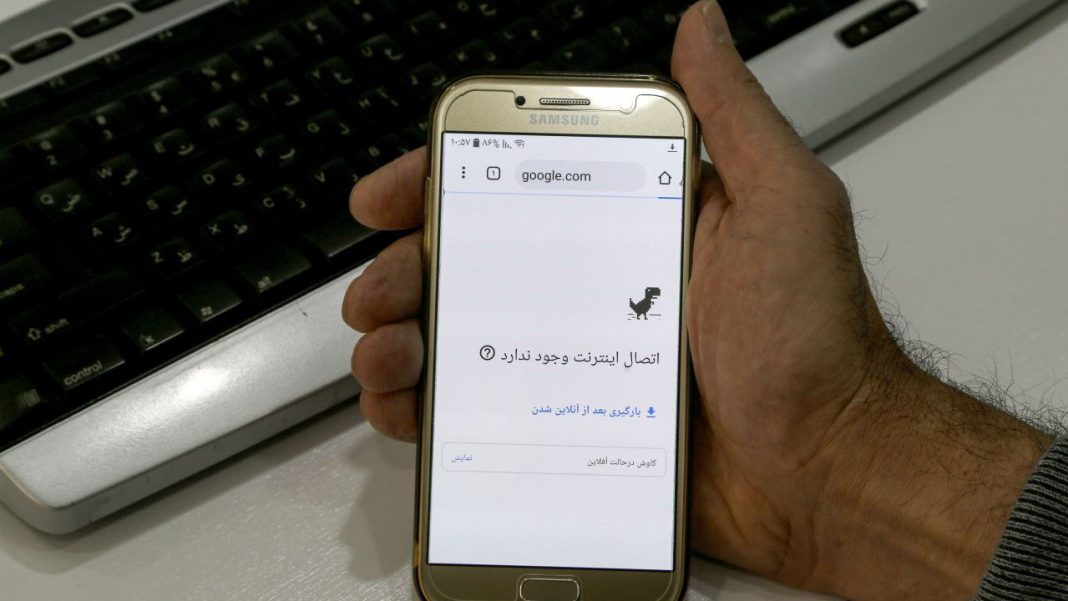Mir Nima Ghazi highlighted the significant economic impact of filtering, noting that approximately 83 percent of internet users in the country resort to using VPNs, which imposes a multi-trillion-toman burden on citizens and operators.
Ghazi explained that the internet is the backbone of modern economies, yet Iran’s internet quality ranks among the lowest globally due to restrictive domestic policies and foreign sanctions.
In addition, Ghazi pointed out that temporary internet disruptions further challenge the country’s internet infrastructure, saying a recent report from the Internet Quality Commission of the Electronic Commerce Association revealed that short outages of 5 to 10 minutes in various operators disrupt user connectivity, causing unquantifiable economic losses and significantly affecting the digital economy and online businesses.
The official noted that filtering has failed to achieve its policy objectives.
He explained, “Despite two years of restrictive measures on popular foreign services like Instagram and WhatsApp, a data report from the Governance Lab of Sharif University shows that 90 percent of users returned to Instagram within a year of its blockage.”
Ghazi concluded, “Beyond quantitative losses, filtering also inflicts qualitative damages, such as continued human capital flight and decreased morale among specialists, which are invaluable national losses.”
“The harm to the country’s innovation and technology ecosystem from filtering, alongside sanctions, may never be fully assessed,” he warned.
